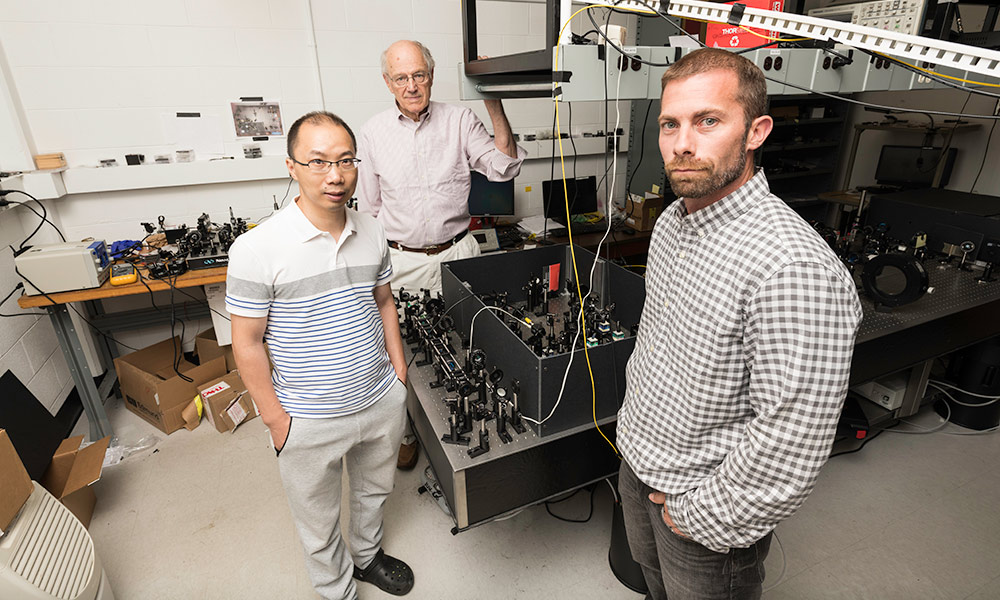
Wave particle duality of light: Resolving quantum ‘weirdness’
For 90 years physicists have known that incompatibly opposite properties are inherent in all elementary particles. Now Rochester researchers say they’ve resolved this weird and inescapable wave-particle duality.

An alumnus in space
University of Rochester alumnus Josh Cassada ’00 (PhD) has been named one of nine NASA astronauts making up the first U.S. crew in history to journey to space in American-made, commercial spacecraft. Cassada would be the third Rochester alumnus to go to space, joining Jim Pawelczyk ’82 and Ed Gibson ’59.

Ultimate vacuum chamber creates nothing
The concept of nothingness is the subject of everything from children’s books to philosophical debate. In the universe, however, is nothing ever possible? How have scientists, philosophers, and mathematicians thought about the concept of nothing throughout history and up to the present?
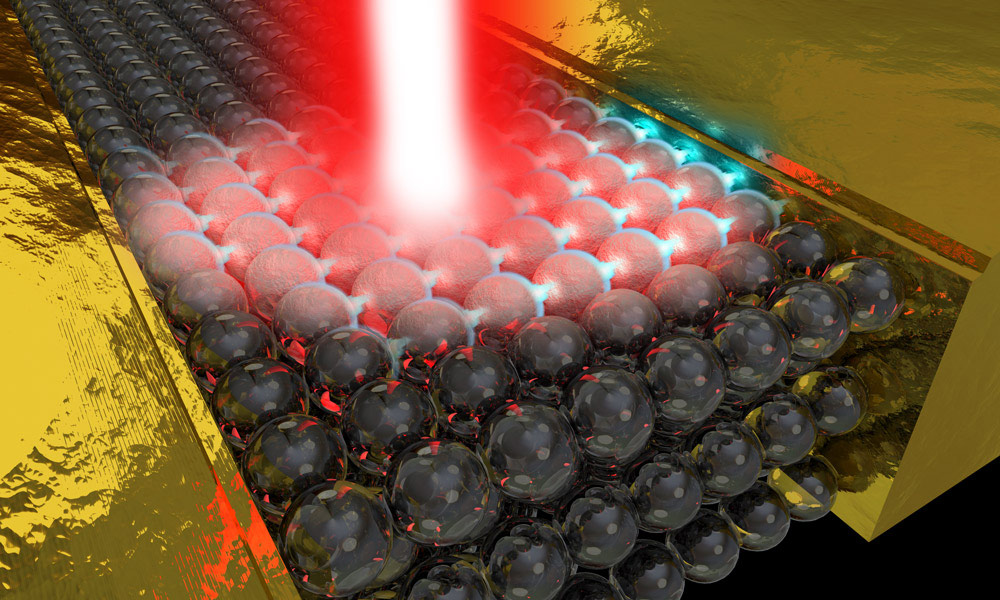
Laser bursts generate electricity faster than any other method
A University researcher who predicted that laser pulses could generate ultrafast electrical currents in theory now believes he can explain exactly how and why actual experiments to create these currents have succeeded.
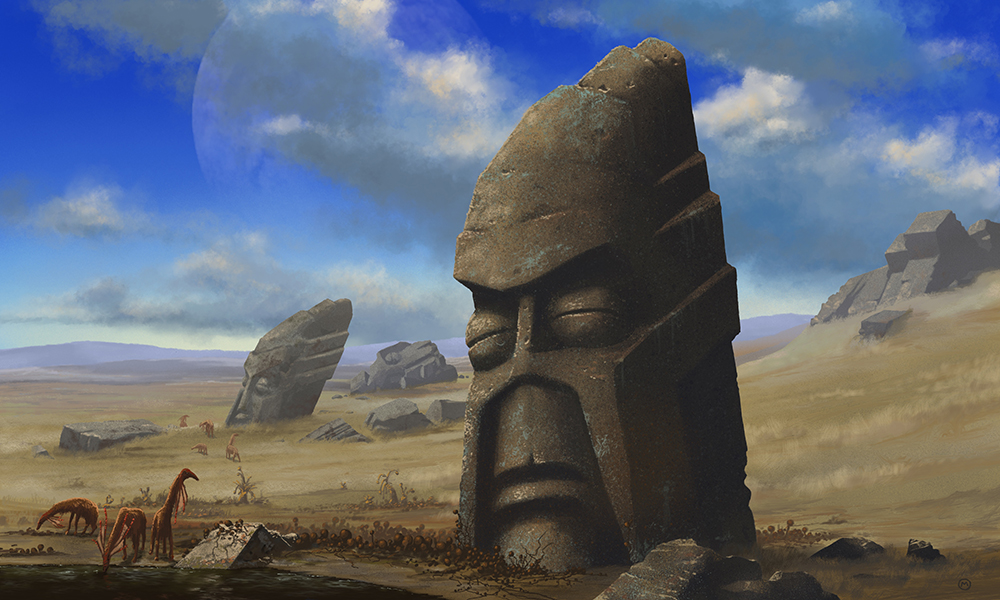
Alien apocalypse: Can any civilization make it through climate change?
Does the universe contain planets with truly sustainable civilizations? Or does every civilization that may have arisen in the cosmos last only a few centuries before it falls to the climate change it triggers? Rochester astrophysicist Adam Frank and his collaborators have developed a mathematical model to illustrate how a technologically advanced population and its planet might develop together, putting climate change in a cosmic context.
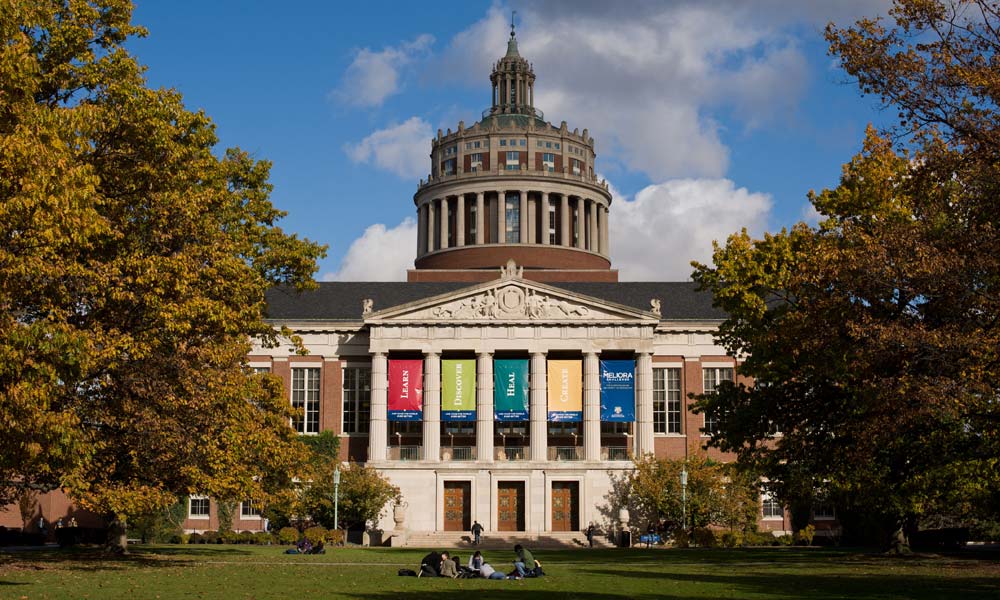
‘High-risk’ research receives University seed funding
University Research Awards for 2018-19 have been awarded to 15 projects ranging from an analysis of the roles of prisons in the Rochester region, to a new approach to genome editing, to new initiatives for advanced materials for powerful lasers.
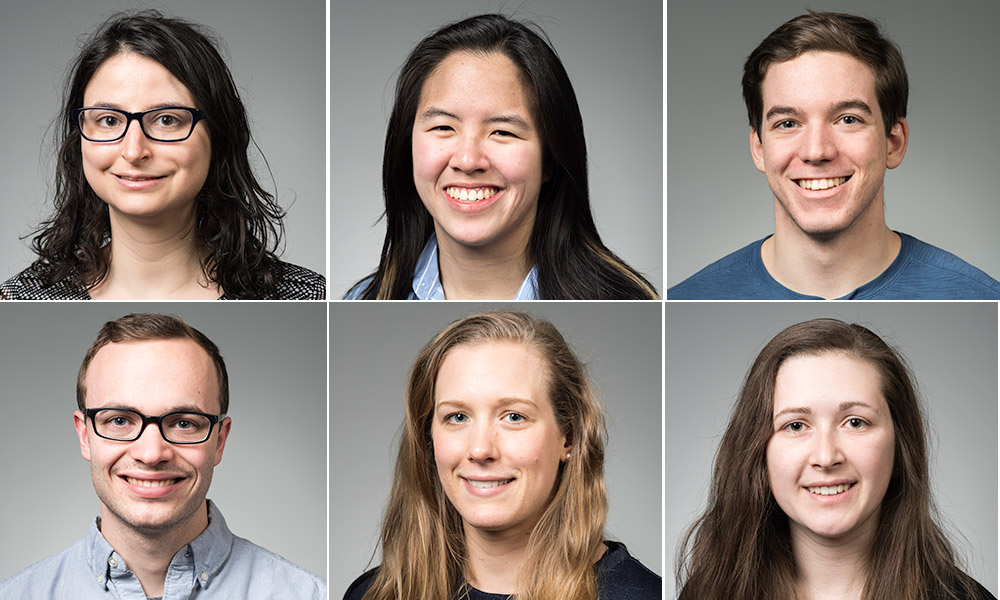
Six Rochester students receive NSF Graduate Research Fellowships
Four undergraduates and two graduate students have been selected to receive National Science Foundation Graduate Research Fellowships, providing support for US students pursuing graduate degrees in STEM fields.
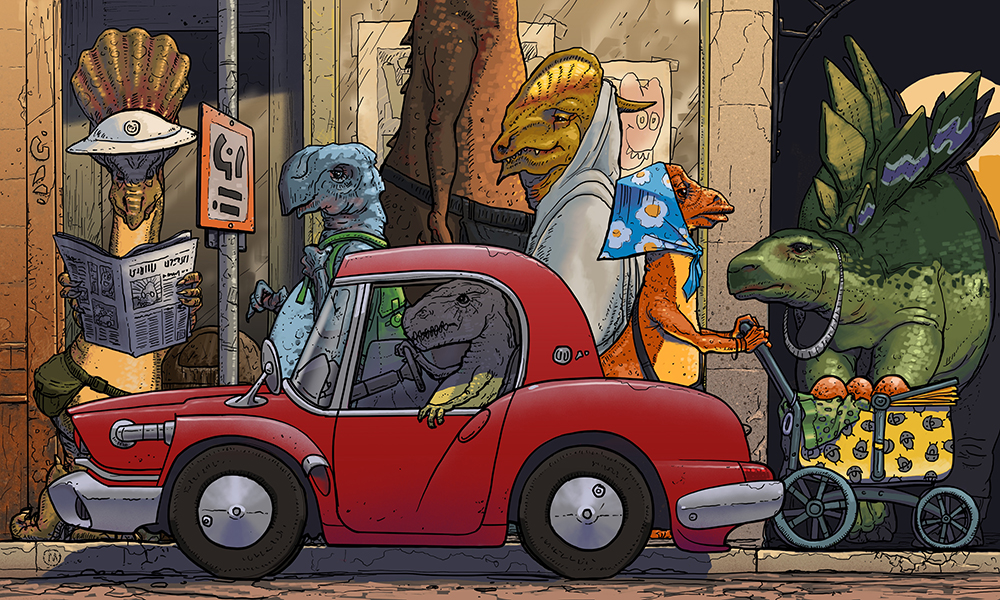
We think we’re the first advanced earthlings—but how do we really know?
Imagine if, many millions of years ago, dinosaurs drove cars through cities of mile-high buildings. A preposterous idea, right? In a compelling thought experiment, professor of physics and astronomy Adam Frank and director of the NASA Goddard Institute for Space Studies Gavin Schmidt wonder how we would truly know if there were a past civilization so advanced that it left little or no trace of its impact on the planet.
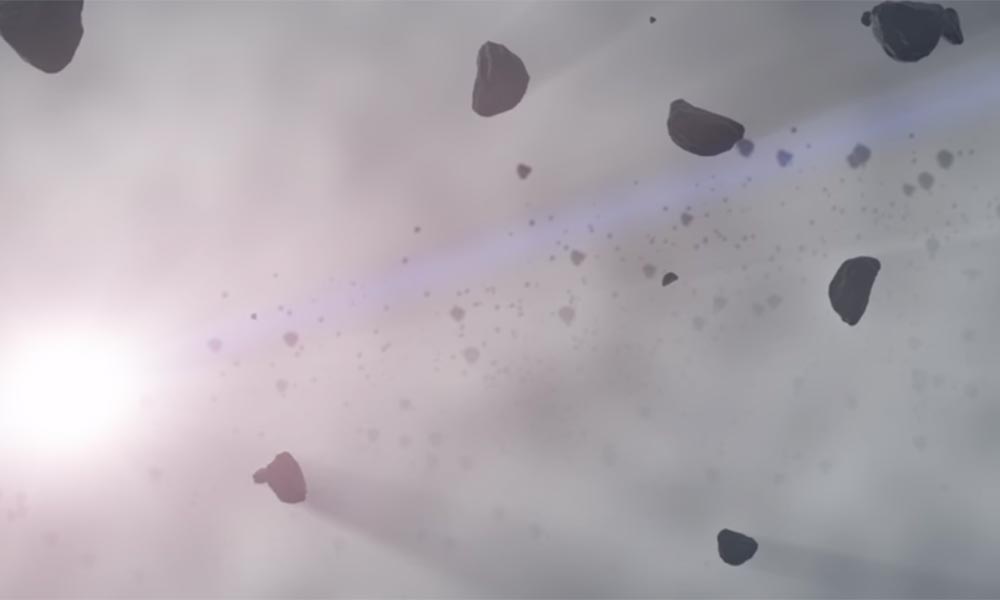
Professor assists NASA mission to measure disks that give birth to planets
Unlike typical observatories that are positioned on the ground or in space, the telescope Dan Watson is working on is situated in between — on a Boeing 747SP jet airliner.
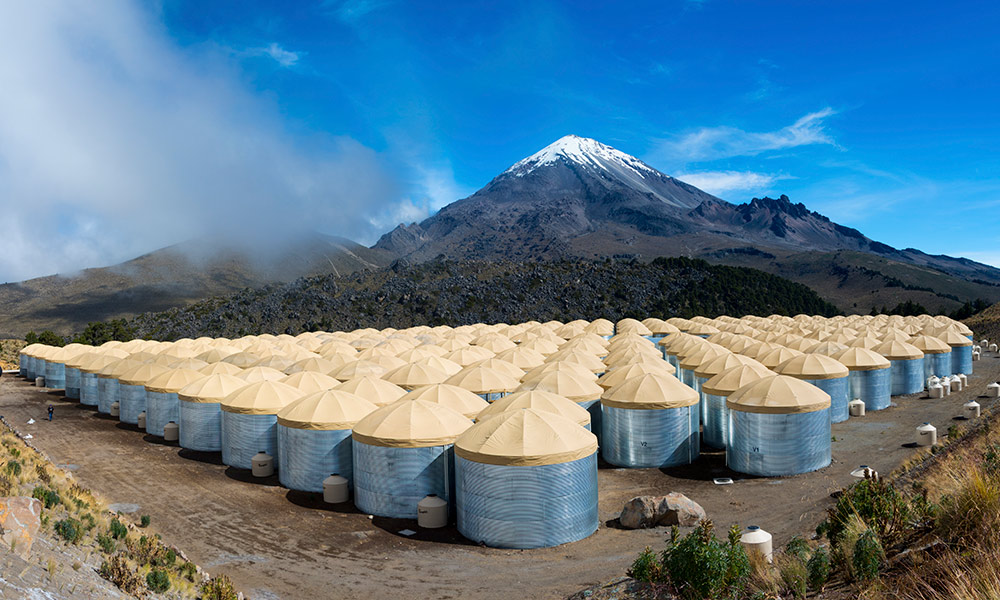
In the mystery of positrons, dark matter is leading suspect
Scientists at the HAWC Gamma Ray Observatory have ruled out two pulsars as the source of an unexpectedly large presence of positrons in our corner of the galaxy. Could they come from something more complex and exotic: dark matter?
